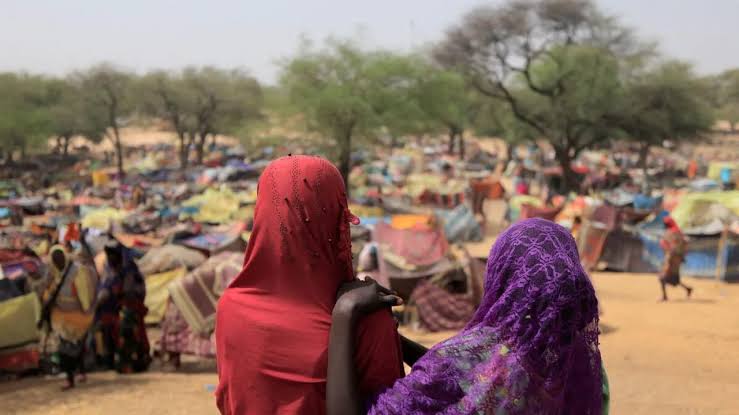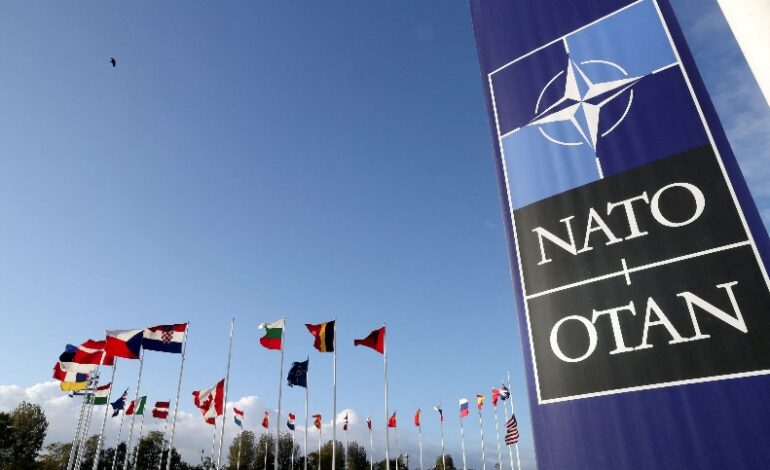
Faith Nyasuguta
Some 87 people including ethnic Masalits have been found buried in a mass grave in Sudan’s West Darfur, the UN human rights office has said, noting that it had credible information that the Rapid Support Forces (RSF) were responsible.
RSF officials denied any involvement, saying the paramilitary group was not a party to the conflict in West Darfur.
In recent weeks, ethnically motivated bloodshed has escalated in step with fighting between rival military factions that erupted in April. In El Geneina, witnesses and rights groups have reported waves of attacks by the RSF and Arab militias against the non-Arab Masalit people, including shootings at close range.
According to the UN statement, local people were forced to dispose of the bodies including those of women and children in a shallow grave in an open area near the city between 20-21 June. Some of the people had died from untreated injuries, it said.
“I condemn in the strongest terms the killing of civilians and hors de combat individuals, and I am further appalled by the callous and disrespectful way the dead, along with their families and communities, were treated,” said UN high commissioner for human rights, Volker Türk, in the same statement. He called for a prompt and thorough investigation.
Fighting broke out on 15 April between Sudan’s regular army, headed by Abdel Fattah al-Burhan, and the RSF, commanded by his former deputy Mohamed Hamdan Dagalo.
An RSF senior official, who declined to be identified, said it “completely denies any connection to the events in West Darfur as we are not party to it, and we did not get involved in a conflict as the conflict is a tribal one”.
Another RSF source said it was being accused following political motivations from the Masalit and others. He reiterated that the group was ready to participate in an investigation and to hand over any of its forces found to have broken the law.
It was not possible to determine exactly what portion of the dead were Masalits, a UN spokesperson added.
Thousands have been forced to flee their homes in Darfur, according to rights groups, with many crossing the border into neighboring Chad. Amid the pillaging, entire towns and villages in the province of West Darfur have been burned to the ground and looted.
The ethnic killings have sparked fears of a repeat of the atrocities perpetuated in Darfur after 2003, when Janjaweed militias – from which the RSF was formed – helped the government crush a rebellion by mainly non-Arab groups in Darfur, killing approximately 300,000 people.
“This report is a good first step, but more efforts are needed to uncover more violations,” said Ibrahim, a refugee in Chad, who asked to withhold his last name for fear of retribution.
Sudan’s army spokesperson, Brig Gen Nabil Abdullah, told Reuters the discovery of the mass graves “rises to the level of war crimes and these kinds of crimes should not pass without accountability.
“This rebel militia is not against the army but against the Sudanese citizen, and its project is a racist project and a project of ethnic cleansing.”
RELATED:




